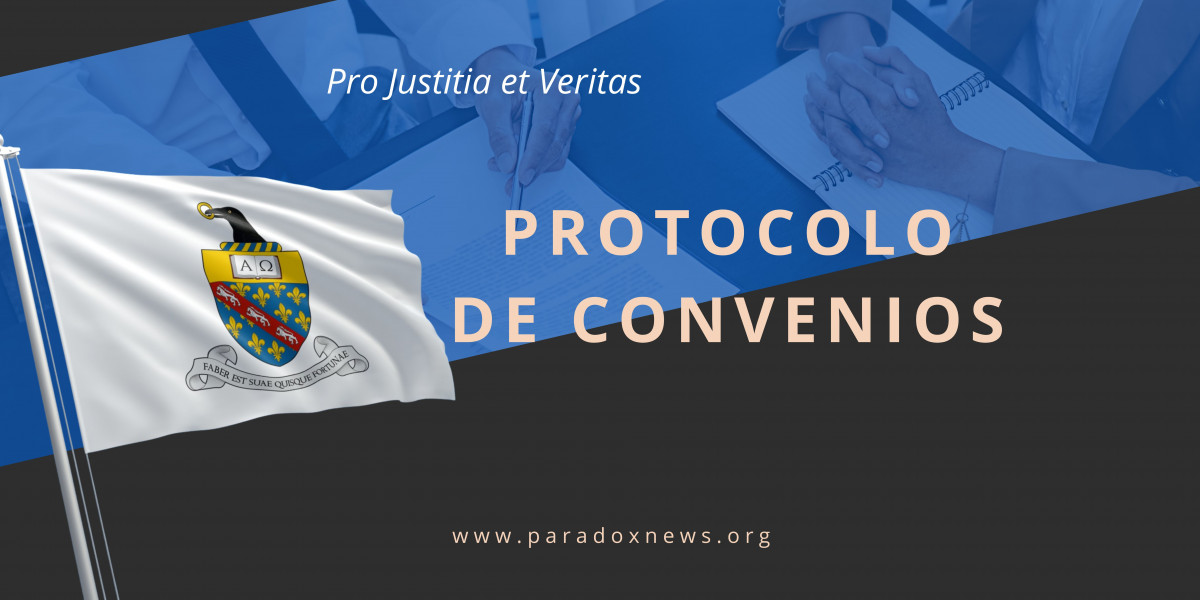Protocol for Collaboration Agreements with Appleton Private University
Archivado en: Transparencia
Redacción |
jueves, 27 de febrero de 2025, 11:20
Objective:
To establish a clear and transparent framework that governs the process of formalizing collaboration agreements between Appleton Private University and third parties, ensuring legal certainty and compliance with best practices.
1. Legal Entity:
- Identification: Any entity wishing to establish a collaboration agreement with Appleton Private University must prove its legal status by presenting the corresponding official documentation (articles of incorporation, bylaws, etc.).
- Representation: The person or persons who have legal representation of the entity and who are authorized to sign agreements on its behalf must be clearly identified.
- Capacity: The legal capacity of the entity to enter into the type of collaboration agreement proposed must be accredited.
2. Negotiation and Signing Process:
- Formal Proposal: The interested entity must submit a formal written proposal detailing the purpose of the agreement, the activities to be carried out, the duration, the resources involved, and the responsibilities of each party.
- Evaluation: Appleton Private University will evaluate the proposal, considering its alignment with the institution's mission, vision, and values, as well as its feasibility and potential impact.
- Negotiation: Both parties will negotiate the terms of the agreement, seeking a balance between the interests and objectives of each.
- Draft: A draft agreement will be prepared reflecting the agreed terms, which will be reviewed and approved by the legal departments of both parties.
- Signature: The agreement will be signed by the legal representatives of both parties, in original and duplicate.
3. Signing Authority:
- Legal Representatives: Collaboration agreements will be signed by the Rector of Appleton Private University or by the person to whom he expressly delegates.
- Delegation: The delegation of powers must be in writing and must specify its scope.
- Verification: Appleton Private University reserves the right to verify the validity of the signing authority of the representatives of the other party.
4. Confidentiality:
- Confidential Information: Both parties agree to maintain the confidentiality of the information exchanged during the negotiation and execution of the agreement.
- Confidentiality Clause: The collaboration agreement will include a confidentiality clause that regulates the treatment of sensitive information.
5. Regulatory Compliance:
- Applicable Law: The collaboration agreement will be governed by Spanish law.
- Jurisdiction: Any dispute arising in connection with the agreement will be submitted to the competent courts of Sabadell, Spain.
6. Amendments:
- Mutual Agreement: Any amendment to the collaboration agreement must be made in writing and with the express consent of both parties.
7. Entry into Force:
- Formalization: The collaboration agreement will enter into force on the date of its signature by both parties.

